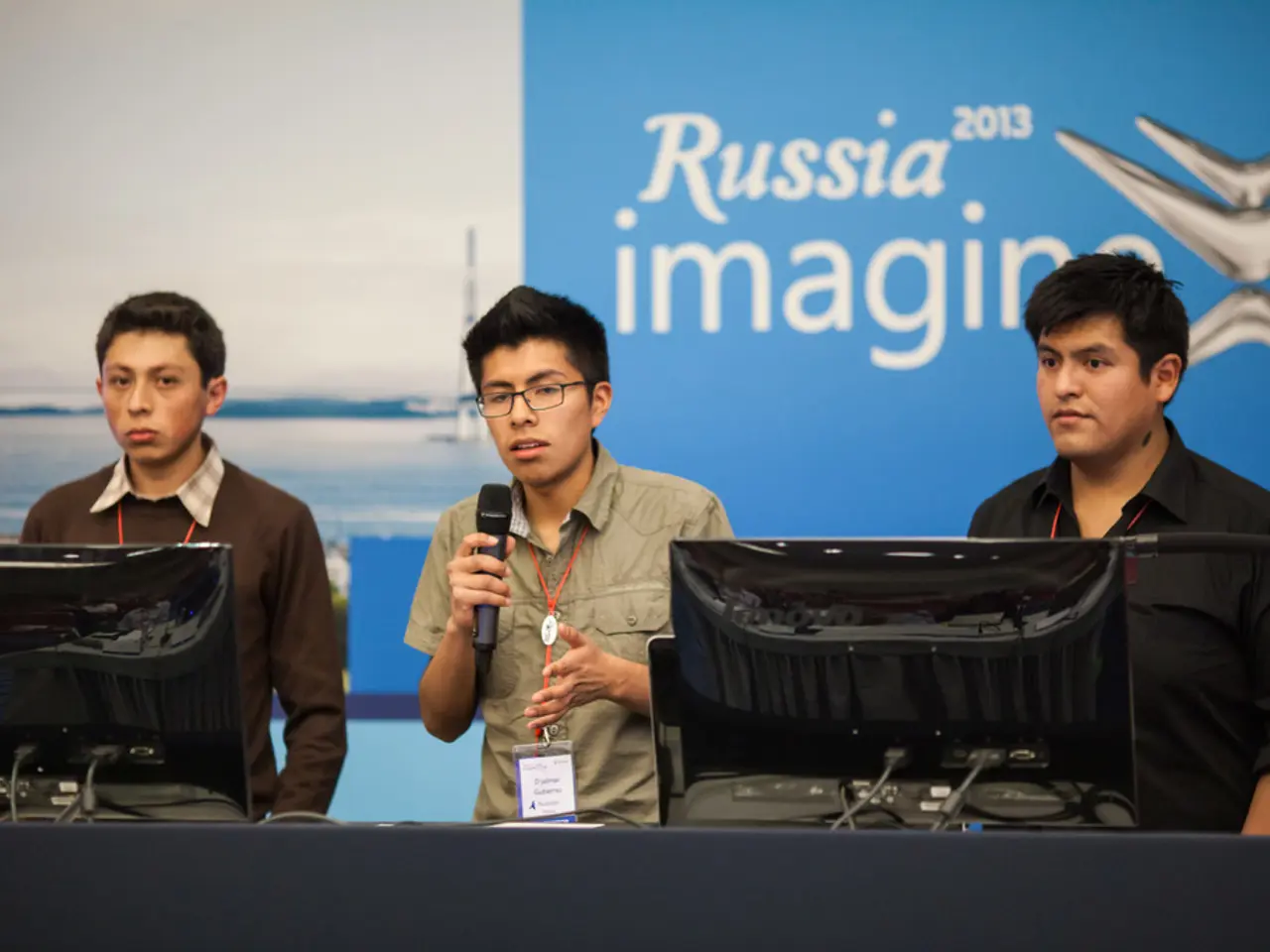Semiconductor firms might find software challenges more formidable than hardware issues.
In the world of large language models (LLMs), the Transformer network serves as the technological foundation, with initial paths including BERT, T5, and GPT. However, since the debut of ChatGPT, GPT has become the absolute mainstream (1).
The semiconductor industry, encompassing both hardware and software, is a crucial player in this field. One of the key software components for chips includes firmware, drivers, operating systems, applications, and development tools (2).
Amid export restrictions and political tensions, Chinese companies like Huawei are actively developing their own software platforms for AI chips to reduce dependence on NVIDIA's CUDA software. Companies such as Biren Technology are at the forefront of this movement, developing comprehensive AI software development platforms like BIRENSUPA (3, 4).
In 2015, four Chinese AI companies, known as the "AI dragons," emerged, leading the Chinese AI industry's development (5). Since then, companies like Biren, Cambricon, Huawei, Alibaba, Baidu, and Houmo.ai have been making significant strides.
In 2022, Nvidia was required to stop supplying high-end GPU chips to the Chinese market (6). This event has presented an opportunity for Chinese AI chip manufacturers to fill the gap. Biren, for instance, has partnered with framework developers like PaddlePaddle to meet enterprise users' development needs in line with international standards and specifically tailor solutions to the domestic environment (7, 8).
If AI chip manufacturers can provide easy-to-use and low-cost migration tools, and offer comprehensive model adaptation capabilities as well as mature cluster deployment experience, rapid implementation of large models becomes feasible (9). Several Chinese companies, including Biren, have already completed adaptation for most domestic open-source large models, accumulating substantial experience in deploying 1,000-card clusters (10).
The first-mover advantage of CUDA has narrowed due to the rapid convergence in the AI industry (11). Chinese AI chip manufacturers are focusing on strengthening their cluster capabilities to meet the urgent demand for computing clusters in large model training (12).
Biren is promoting its software platform by building computing power platforms, open-sourcing related tools and libraries, and opening upper-level models. It is carrying out joint adaptation and optimization with framework and large model partners to establish ecosystem collaborations (13).
The success of Nvidia's CUDA AI computing platform in the past, as evidenced by its stock price soar in 2012, is a testament to the potential of AI chip software (14). However, Nvidia's strict prohibition on running CUDA on other AI chip hardware platforms, coupled with the global shortage of computing power, presents a challenge for Chinese large model software companies (15).
In November 2022, ChatGPT made a global splash, disrupting the industry and making LLMs the frontier technology pursued worldwide (16). Biren Technology's SUPA managed to complete practical application migrations in a short time with software team support, and its performance in mainstream open-source large models has shown promising results (17).
The consensus focus of all major AI chip companies is now on software development, and breakthroughs can be achieved through concerted efforts across industry, academia, and research (18). The race to develop efficient and accessible AI software platforms continues, with the potential to reshape the global AI landscape.
Read also:
- Understanding Hemorrhagic Gastroenteritis: Key Facts
- Trump's Policies: Tariffs, AI, Surveillance, and Possible Martial Law
- Expanded Community Health Involvement by CK Birla Hospitals, Jaipur, Maintained Through Consistent Outreach Programs Across Rajasthan
- Abdominal Fat Accumulation: Causes and Strategies for Reduction







